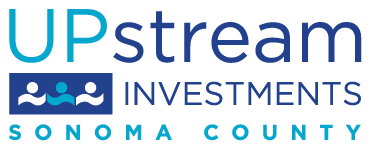Motivational Interviewing
Motivational Interviewing (Mi) is a goal-directed, client-centered counseling style for eliciting behavioral change by helping clients to explore and resolve ambivalence. The operational assumption in MI is that ambivalent attitudes or lack of resolve is the primary obstacle to behavioral change, so that the examination and resolution of ambivalence becomes its key goal. MI has been applied to a wide range of problem behaviors related to alcohol and substance abuse as well as health promotion, medical treatment adherence, and mental health issues. Although many variations in technique exist, the MI counseling style generally includes the following elements:
- Establishing rapport with the client and listening reflectively.
- Asking open-ended questions to explore the client's own motivations for change.
- Affirming the client's change-related statements and efforts.
- Eliciting recognition of the gap between current behavior and desired life goals
- Asking permission before providing information or advice
- Responding to resistance without direct confrontation. (Resistance is used as a feedback signal to the therapist to adjust the approach.
- Encouraging the client's self-efficacy for change.
- Developing an action plan to which the client is willing to commit.
Accepted to the Portfolio:
June 2012 - Petaluma People Services Center
March 2015 - Community Action Partnership
January 2016 - The Center for Social and Environmental Stewardship
June 2016 - Committee on the Shelterless,
This is an evidence-based program! Learn more
Target Outcomes
Short Term Outcomes
- Reduce drug and alcohol use
- Increase retention in treatment
Long Term Outcomes
- Reduce negative consequences/problems associated with alcohol use
- Reduce drinking and driving
- Reduce alcohol-related injuries
Target Population
Demographics
- Adult (25 - 60)
- Older Adult (60+)
Service Area
County-wide:
- Southeast (District 1)
- Southwest (District 2)
- Central (District 3)
- Northeast (District 4)
- Northwest (District 5)
Information
Program Funders
Many thanks to the following funders for making this program possible.
Local Funders
- City of Santa Rosa
- Geyserville Unified School District
- Sonoma County Community Development Commission
- Sonoma County Probation Department
- Sonoma County Wine Country Weekend
- Town of Windsor



 Translate
Translate